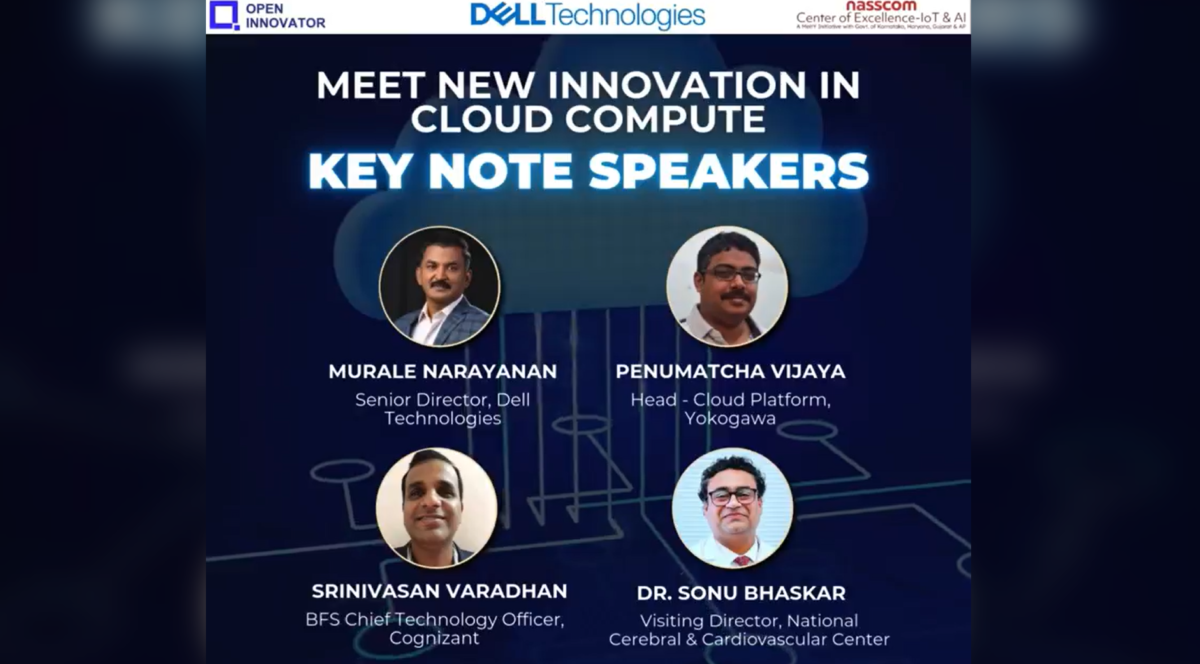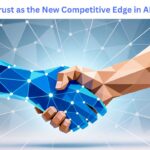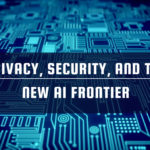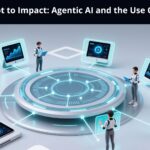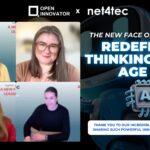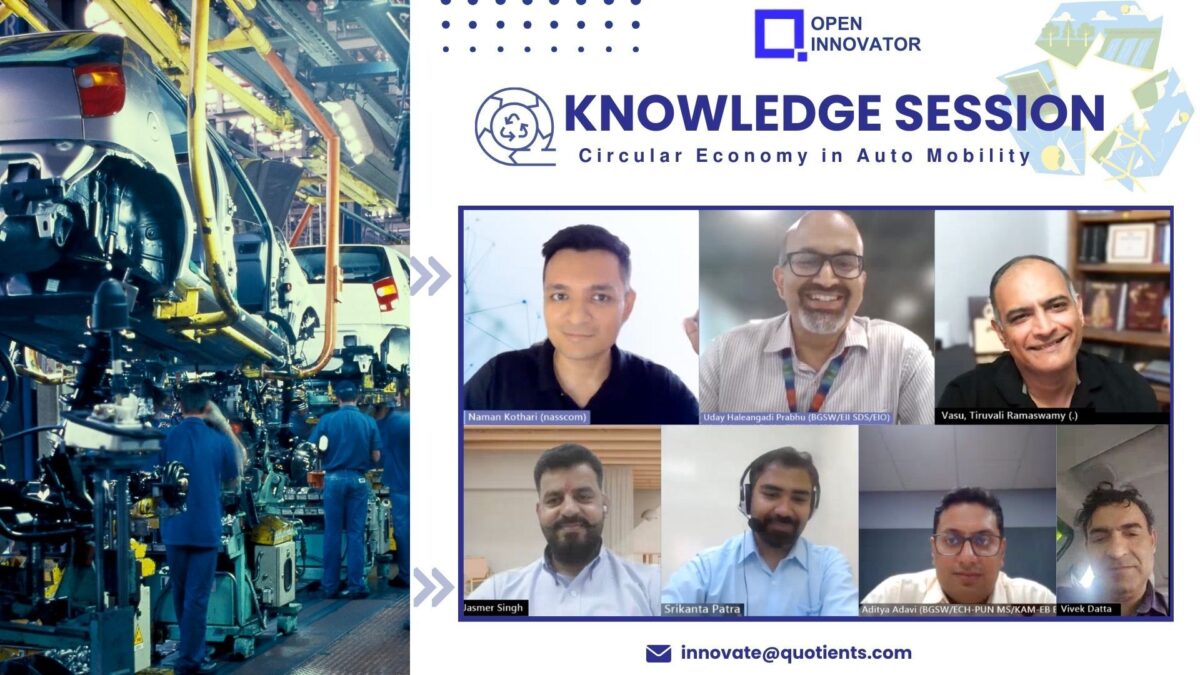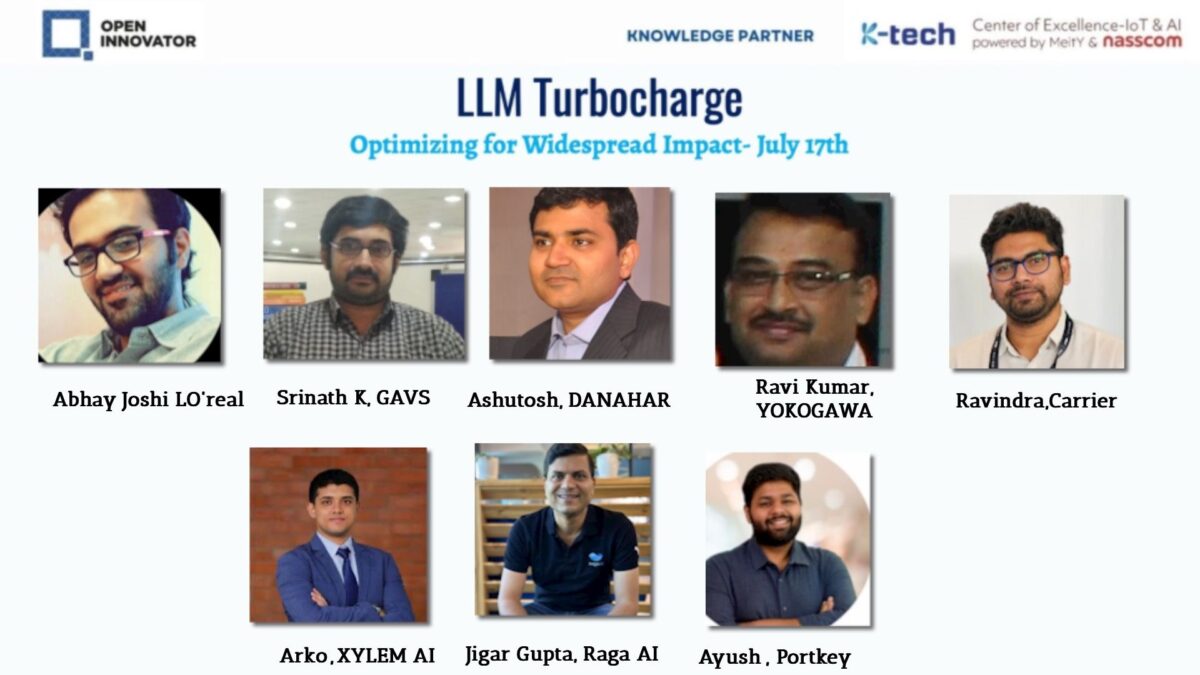The session attracted a diverse audience eager to explore actionable strategies for harnessing cloud technology to enhance business operations. From the outset, attendees were captivated by the discussions on critical topics shaping the future of enterprise technology.
One of the standout themes was the rapid growth of the cloud market, projected to reach $376 billion by 2029. With 92% of enterprises adopting multicloud strategies, the urgency for businesses to embrace cloud solutions has never been clearer. Panelists emphasized that shifting to the cloud can lead to substantial cost savings—averaging 30% to 50%—while also significantly reducing energy consumption.
Security emerged as another focal point, particularly in hybrid cloud environments. As organizations navigate the complexities of managing data across various platforms, experts highlighted best practices for data management, including encryption and multi-layer security strategies. This is especially crucial as businesses strive to protect sensitive information in an increasingly interconnected world.
The session also featured innovative startups like Frga Cloud, which aims to simplify Kubernetes management—a rapidly growing area in the cloud landscape. Their solutions address the steep learning curve associated with Kubernetes, making it more accessible to organizations looking to leverage this powerful technology.
The event fostered an engaging atmosphere that encouraged interaction among participants. The relaxed format, free from tedious presentations, allowed for lively discussions and networking opportunities, making the experience both informative and enjoyable.
As the session wrapped up, attendees expressed excitement about the future of cloud technology and the insights gained during the event. The discussions not only illuminated the current landscape but also set the stage for ongoing conversations about the challenges and opportunities that lie ahead.
The “Innovation in Cloud Compute” session marked a significant milestone in fostering collaboration and knowledge sharing within the industry, reinforcing the importance of continuous learning and adaptation in the ever-evolving realm of cloud computing. As businesses continue to explore the limitless possibilities of this technology, the insights from this event will undoubtedly play a crucial role in shaping their strategies for success.

